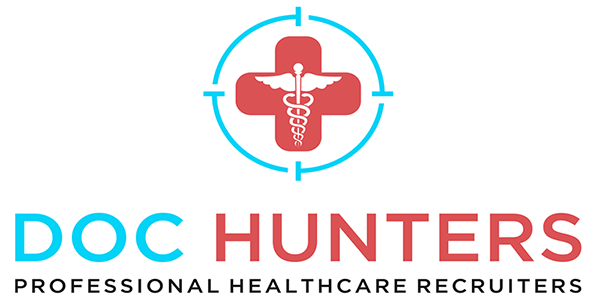The Art of Crafting a Winning Resume: Tips for Job Seekers
In the competitive world of job hunting, your resume is your first impression for potential employers or recruiters. It is 100% the key to unlocking the door to your dream job, so it's crucial to craft a winning resume that stands out from the crowd. After all, it is the FIRST impression you are giving your potential employer.
Here are some tips to help you master the art of resume crafting:
1. Tailor Your Resume to the Job: Sending out resumes can be a daunting task but one size does not fit all when it comes to resumes. Be sure to customize your resume for each position you apply for by highlighting skills and experiences that are relevant to the job description. This shows employers that you've taken the time to understand their needs and are a perfect fit for the role.
2. Start with a Strong Summary or Objective: Begin your resume with a concise summary or objective statement that captures your career goals and what you bring to the table. Don’t be tempted to be too “wordy” here. Your potential employer is glancing over this area and does not have time to read paragraphs about you. This should be a brief, attention-grabbing paragraph that makes the hiring manager want to read more.
3. Highlight Achievements, Not Just Responsibilities: Instead of listing your job duties, emphasize your accomplishments. Be sure to use quantifiable achievements whenever possible. For example, "Increased sales revenue by 20% in the first quarter" is more impactful than "Responsible for sales."
4. Use Action Verbs: Employ action verbs to describe your responsibilities and achievements. Words like "achieved," "implemented," "managed," and "led" convey a sense of action and responsibility.
5. Focus on Keywords: Many companies use Applicant Tracking Systems (ATS) to screen resumes. Ensure your resume includes keywords relevant to the job description to increase the chances of getting noticed by these systems. Even if they are not using an ATS system, using keywords from the job description in your resume will again, let your new boss know you actually read the job listing.
6. Keep it Concise: A resume should ideally be one page for entry-level positions and no more than two pages for mid-level to senior roles. Be concise and selective about the information you include. We love that you are interested in skiing and deep sea fishing, but if it’s not relevant to the job, save it for the interview.
7. Include Relevant Sections: A well-organized resume typically includes sections for Contact Information, Summary/Objective, Work Experience, Education, Skills, and Additional Sections like Certifications or Volunteer Work, if applicable. It should flow easily when it’s being scanned by an employer or recruiter. If they can’t find your education or relevant work history with ease, move things around.
8. Showcase Your Skills: Highlight both hard and soft skills that are relevant to the job. Hard skills might include proficiency in specific software or languages, while soft skills can include communication, teamwork, leadership/management skills, and problem-solving abilities.
9. Add Professional References: Mention that professional references are available upon request, but there's no need to list them on your resume. Instead, have a separate list prepared to provide when asked.
10. Proofread and Format Carefully: Typos and formatting errors can make your resume look unprofessional. Proofread it carefully, using spellcheck as well as having someone else look over it with fresh eyes, and consider using a clean, easy-to-read format with consistent fonts and bullet points. A “busy” resume has the potential to be bypassed regardless of your expertise.
11. Consider a Professional Review: If you're unsure about your resume's quality, consider having it reviewed by a professional resume writer or career counselor. They can provide valuable feedback and help you refine it further.
Crafting a winning resume is both an art and a science, it IS a reflection direct reflection of you on paper. It requires attention to detail, a clear understanding of your own strengths, and a willingness to adapt to the specific needs of each job application. By following these tips, you can create a resume that opens doors and leads you one step closer to your desired career path. Remember, your resume is your ticket to the interview, so make it count!
